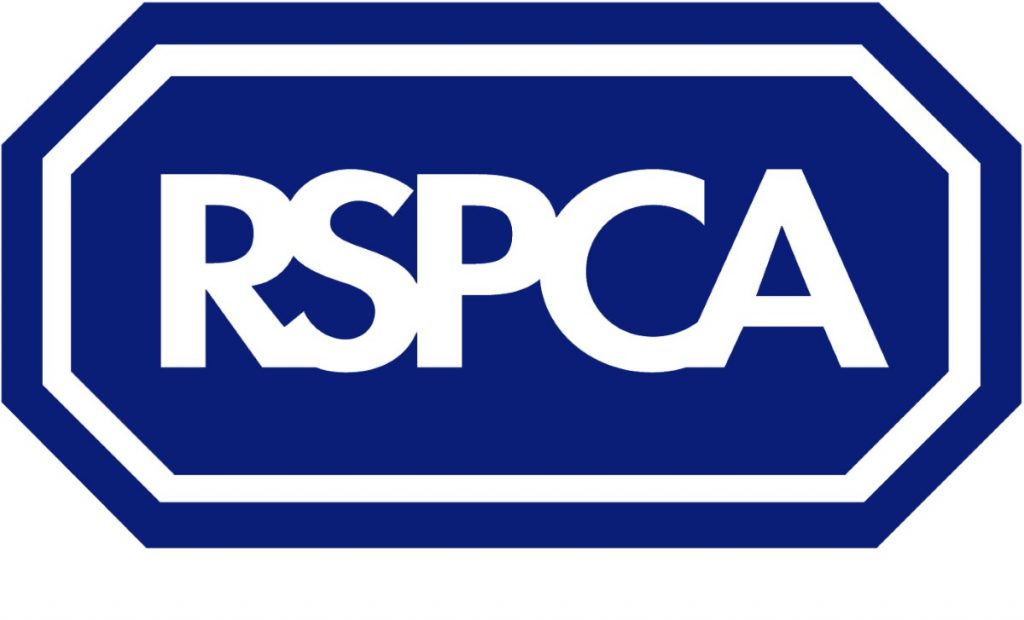RSPCA: Compulsory Microchipping: a good start but what are we trying to solve?
Compulsory Microchipping: a good start but what are we trying to solve?
by David Bowles, RSPCA, Head of Public Affairs
Animal welfare groups gave a fairly universal welcome to the Government’s proposals on microchipping when they were announced on 6th February. Why? Partly because the Government finally announced its proposals after many delays and two and a half years after the first public consultation two and a half years ago. It is also 22 years since the knee-jerk and ineffective Dangerous Dogs Act was rushed through Parliament. The package of measures include, among other things, compulsory microchipping of all dogs, extending the law to cover private property, and seizure of suspected prohibited breeds.
This was the Government’s opportunity to finally tackle the big problems, which have always been identified as ever increasing numbers of stray dogs, increasing kennelling costs for the police and non governmental organisations and increasing numbers of dog bite incidents requiring hospitalisation. So how did the proposals add up against this?
First the good news. Extending the law to cover private property might allow those injured by dogs to claim compensation and may protect people being bitten by dogs. But will it actually stop the dogs biting in the first place which can only be achieved through education and more responsible dog ownership to ensure people can interact safely with dogs.
The Government have got it right by introducing compulsory microchipping for all dogs with a centralised database and a 24 hour service so that dog ownership details can be checked. But will it reduce the numbers of stray dogs? It should, if the details are kept up to date, enable dogs to be returned to owners quicker and so save on kennelling costs.
But on their own the RSPCA doesn’t believe they will reduce the number of stray dogs, make owners act more responsibly to their dogs or ensure fewer dogs bite people or other animals.
Rates of responsible dog ownership seems to be stalling. In 2012 the number of warnings the RSPCA issued to dog owners due to poor welfare was up by 12% on 2011, while the number of dog bites that required hospitalisation has gone up by 26% in the past four years. It is difficult to see how either of these very real problems will be tackled by the proposals.
Prevention will always be better than cure. But only education of owners will stop dogs straying in the first place. The Home Office proposals, announced in December 2012, on anti-social behaviour, are being used by the Government as the panacea to solving poor ownership of dogs and dog behavioural problems. But they crucially do not provide sufficiently early intervention and could label some dog owners as anti-social when their failing may only be a lack of understanding..
David Bowles, Head of Public Affairs at the RSPCA says, “We have always said that prevention is better than the cure. This was Defra’s opportunity to finally tackle the big issues, but instead we believe they have merely tinkered with the existing legislation rather than make the comprehensive reform that dog law enforcers were calling for.”
The RSPCA believes that preventative measures, such as dog control notices, are required as well as introduction of dog registration to improve dog owners’ accountability, deter casual acquirers of dogs and fund owner education services. Early intervention with owners prevents suffering to animals, as well as protect public safety where owners fail to control their dogs.
So are we merely tinkering with the existing legislation rather than make the comprehensive reform of dog laws that is so desperately needed?. Time will tell. The measures are due to be fully in place by 2016. Measures of success will include how many of the dog population are microchipped, how many dogs still stray, how many people still visit hospital due to dog bites and how many dogs will the RSPCA still have to visit that are being treated poorly. With no preventative measures and our animal centres filled to bursting with abandoned and abused dogs, we simply can’t wait another 22 years.





-01.png)